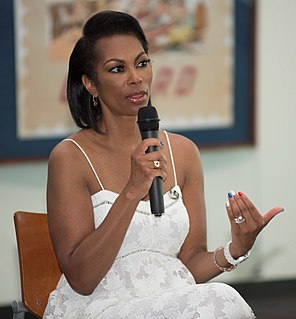A Quote by David Lidington
Most of us have embraced digital technology, and depend on it more and more in our daily lives, both at home and at work.
Quote Topics
Related Quotes
Our company has been very forward-thinking about digital technology and the opportunity that it gives us. As we move into a world where we have more and more devices at our disposal, that really means more and more opportunities for the Walt Disney Co. to reach you: through our entertainment, through all of our divisions.
Technology is supposed to make our lives easier, allowing us to do things more quickly and efficiently. But too often it seems to make things harder, leaving us with fifty-button remote controls, digital cameras with hundreds of mysterious features and book-length manuals, and cars with dashboard systems worthy of the space shuttle.
If therefore our houses be houses of the Lord, we shall for that reason love home, reckoning our daily devotion the sweetest of our daily delights, and our family worship the most valuable of our family comforts. This will sanctify to us all the conveniences of our houses, and reconcile us to the inconveniences of it.
Animals have come to mean so much in our lives. We live in a fragmented and disconnected culture. Politics are ugly, religion is struggling, technology is stressful, and the economy is unfortunate. What's one thing that we have in our lives that we can depend on? A dog or a cat loving us unconditionally, every day, very faithfully.


































